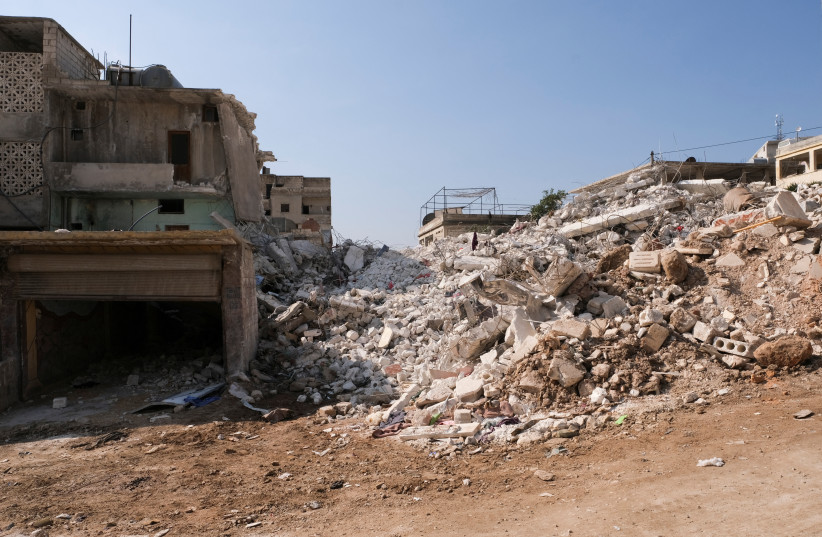The devastating earthquakes that hit Turkey and Syria last month caused a tremor in Israel in more than one way. State Comptroller Matanyahu Englman’s report released Tuesday has once again highlighted Israel’s lack of preparedness for such a shaker.
Many Israeli cities vulnerable to earthquakes are unprepared and have unfortified buildings and schools, the report said.
This is significant because a high-intensity earthquake is expected to occur within the next 50 years between southern Lebanon and the southern Dead Sea along the Syrian-African Rift, according to The Jerusalem Post’s legal correspondent Michael Starr, putting key cities along the rift such as Beit She’an, Tiberias, Safed, Kiryat Shmona and the Hatzor Haglilit in major danger.
Israel is delaying the preparations that are so desperately needed and is therefore putting its citizens’ safety low on its list of priorities.
Professionals have been saying for years now that Israel, as it currently stands, does not have the infrastructure to handle such a natural disaster. While the country has made significant progress in search and rescue and electronic warning capabilities when it comes to earthquakes, it has not implemented any updates to buildings at risk if one should happen – as expected. These buildings are almost certain to collapse if Israel is hit by an earthquake.

Last month, a senior official told the Post’s Yonah Jeremy Bob that there is a government plan to make these necessary changes, but it has not been carried out.
Indeed, the government allocated NIS 5 billion to strengthen buildings. But by August 2020, the Construction Ministry reported to the Knesset State Control Committee that only NIS 7 million had been spent.
Since then, the amount of funds used has risen past NIS 150 million, especially in certain portions of the North that are more vulnerable. But the vast majority of the funds – about 97% – have still not been used.
Professionals have been warning nonstop of the impending crisis, should an earthquake hit Israel soon. Indeed, the country has had such an event occur once every century on average, the last one occurring 96 years ago in 1927, killing hundreds.
Government must invest $10 billion to reinforce buildings built before 1980
According to Dr. Ittai Kurzon, a seismologist at the Geological Survey of Israel, the government must invest $10 billion to reinforce buildings and infrastructure built before 1980.
Amir Yahav, director of the Earthquake Preparedness Committee, warned that the damage from an earthquake would cost the country $41 billion. Prevention, on the other hand, would be a significantly cheaper alternative, not to mention being lifesaving.
The Education Ministry said that approximately 1,600 schools are at risk of collapse should Israel face an earthquake and only 87 have been reinforced. These are our children’s lives at stake.
However, the comptroller report stated that the Construction and Housing Ministry has not yet fortified 93% of all buildings previously designated as needing immediate improvement in the reviewed regions, and 70% of schools in need of reinforcement have not yet been renovated.
The cost of fortifying these 1,124 buildings and 38 schools would be NIS 2.34 billion.
Nevertheless, the price of making these crucial changes is nothing compared to ignoring the issue and letting disaster hit our rift-zone country.
Another financial element is Israel’s world-renown search and rescue services. They provide life-saving help after catastrophes and will be dealing with the results of whatever occurs. If Israel takes the proper cautionary steps, they will have less to do and will therefore be able to provide better care in each individual case.
This is not unlike preparedness for the coronavirus pandemic. Where hospitals were unable to keep up with the pace of patients, many people were left untreated at the peak of the pandemic. But where hospitals were properly funded and prepared for a disaster in advance, they were able to maintain a safe pace while also not overworking their doctors, nurses and other staff.
Israel’s search and rescue units are the doctors of natural disasters. It’s time for the government to push forward the preparedness of the country’s infrastructures so that they do not come falling down.
Israel’s citizens are at risk, and the government has the power to keep them safe. They should use that power to its fullest.
